| Content | Shia Political Thought By Ahmad Vaezi Published by Islamic Centre of England There are many misunderstandings concerning the prevailing Imami Shi’ism political doctrine i.e. the theory of Wilayat al-Faqih, its historical background among Shi’a jurists, the role of people (its relationship to democracy) and what distinguishes it from other Islamic political theories (such as that of the Caliphate). The primary function of this book is to clarify these different dimensions and dispel any ambiguities surrounding this version of the Islamic state. Ahmad Vaezi was born in Iran in 1962. He is a graduate of the seminary of Qom and earned his degree (PhD) from the seminary. He taught more than ten years in universities of Iran as well as the seminary of Qom and has been a visiting scholar in the University of Cambridge.
HEAVILY SUBSIDIZED BY WWW.ISLAMICTHOUGHT.CO.UK | By Abdul Adheem al-Muhtadi al-Bahrani Shipping Costs are £2.99 Per Book | This work contains a number of speeches, articles, books, and question-and-answer sessions of the erudite professor, Haḍrat Ayatullah Muhammad Taqi Misbah Yazdi (may his sublime presence endure), which have been compiled, edited and published by the author on the subject of Wilayat al-Faqih. We believe that in the current status of our society, wilayat al-faqih constitutes the central pillar of Islam, and its safety contributes to the splendor of Islam and Islamic laws and values in the society. As such, we have decided to elucidate this theory, support it academically and logically, and enlighten the general public, particularly the young generation of our country who probably know very little about this theory and its ramifications, and thus discharge a small part of our religious duty. Likewise, we have tried to deal with all the aspects of this theory to address the subjects which we find significant and controversial. However, things like the brevity of content and the readers’ patience and the time that they have been taken into account as far as possible.
HEAVILY SUBSIDIZED BY WWW.ISLAMICTHOUGHT.CO.UK | Principles of good governance in the letter of Ali to al-Ashtar refers to a set of instructions and advice for rulers, reputedly addressed at Malik al-Ashtar (d. 657), the Arab military commander and an ardent supporter of Ali ibn Abi Talib (d. 661), who was the fourth Rashidun caliph (r. 656–661), the first Shia imam, and the cousin and son-in-law of the Islamic prophet Muhammad. The letter is attributed to Ali and outlines his conception of just and righteous governance, following the appointment of al-Ashtar as the new governor of Egypt circa 657 CE. Among the earliest extant records about Islamic rule, the letter has received considerable attention throughout the Muslim history as a blueprint for Islamic governance. The theme of the letter can be summarized as justice and compassion for all, regardless of class, creed, and color. Malik was killed en route to Egypt to assume his new post at the instigation of Mu'awiya, the archenemy of Ali.
HEAVILY SUBSIDIZED BY WWW.ISLAMICTHOUGHT.CO.UK | This book aims to establish a suitable method of communication with Wahhabis to familiarize them with Shi‘ism, and to prepare a proper ground for their conversion to the school of thought of the Household of the Prophet, peace be upon them. The author Dr Isam wrote book against the Shia accusing them of heresy, before he himself saw the light and converted to Shiaism.
HEAVILY SUBSIDIZED BY WWW.ISLAMICTHOUGHT.CO.UK | Topics covered from Nahjul Balagha. 1 Self purification 2 Quran 3 Phenomenon& Noumenon 4 Spirituality 5 Perfect human 6 Natural sciences 7 Remedy for India 8 Humanity 9 Model of education 10 Humanist text
HEAVILY SUBSIDIZED BY WWW.ISLAMICTHOUGHT.CO.UK |

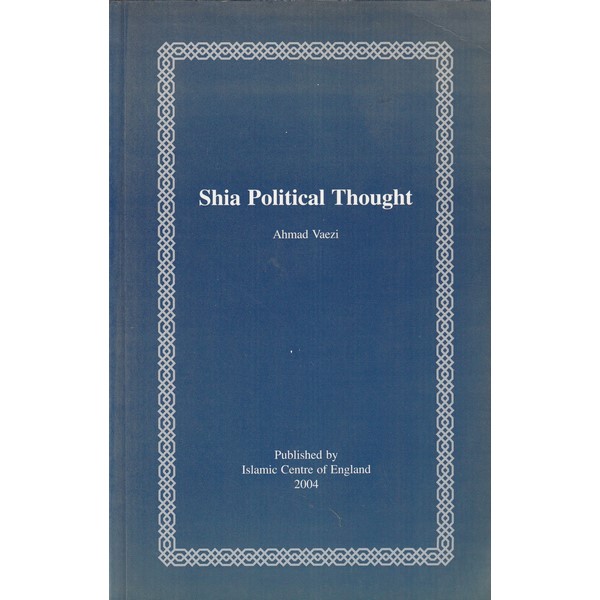
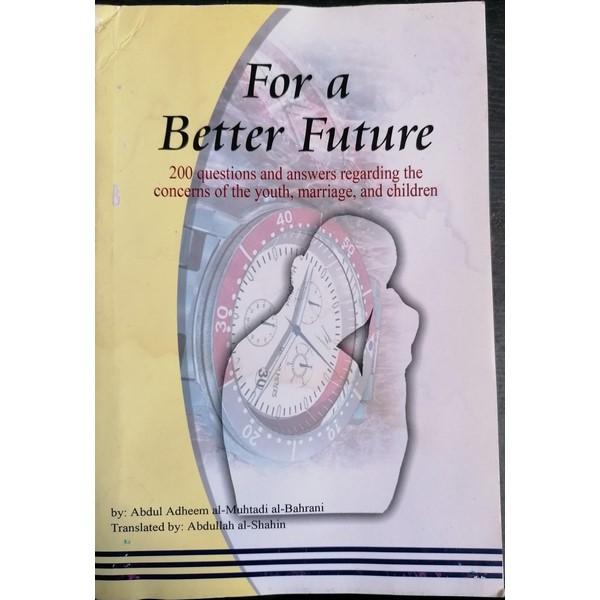
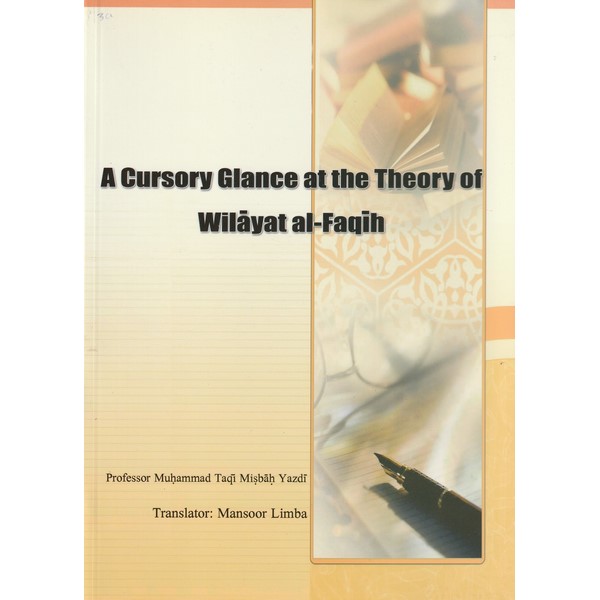
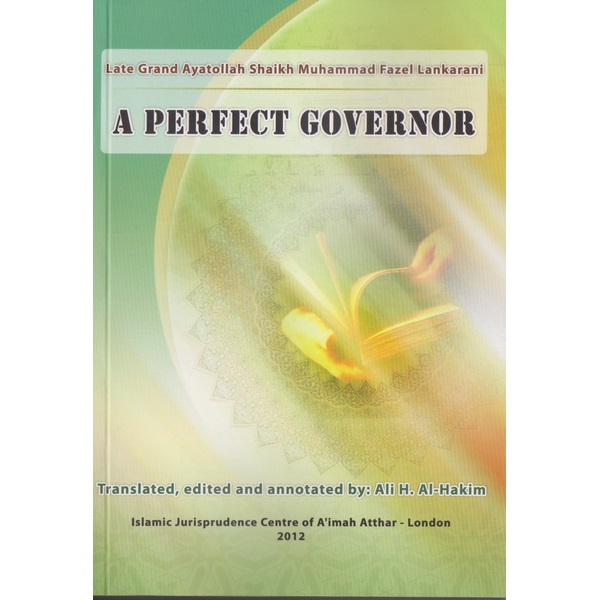
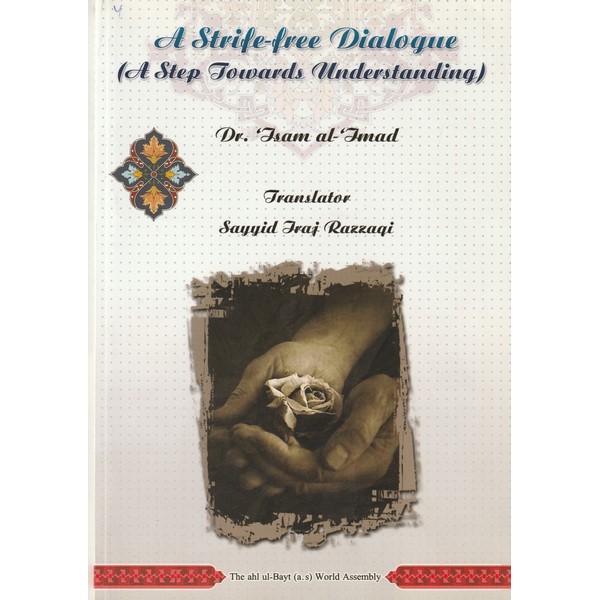
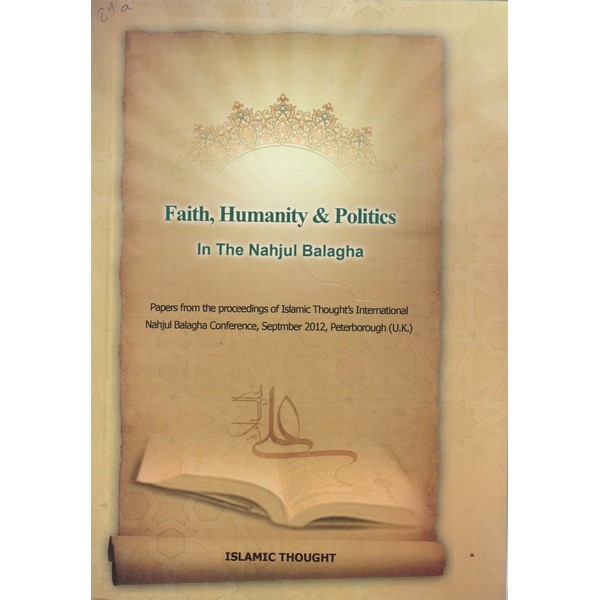





Reviews
There are no reviews yet.